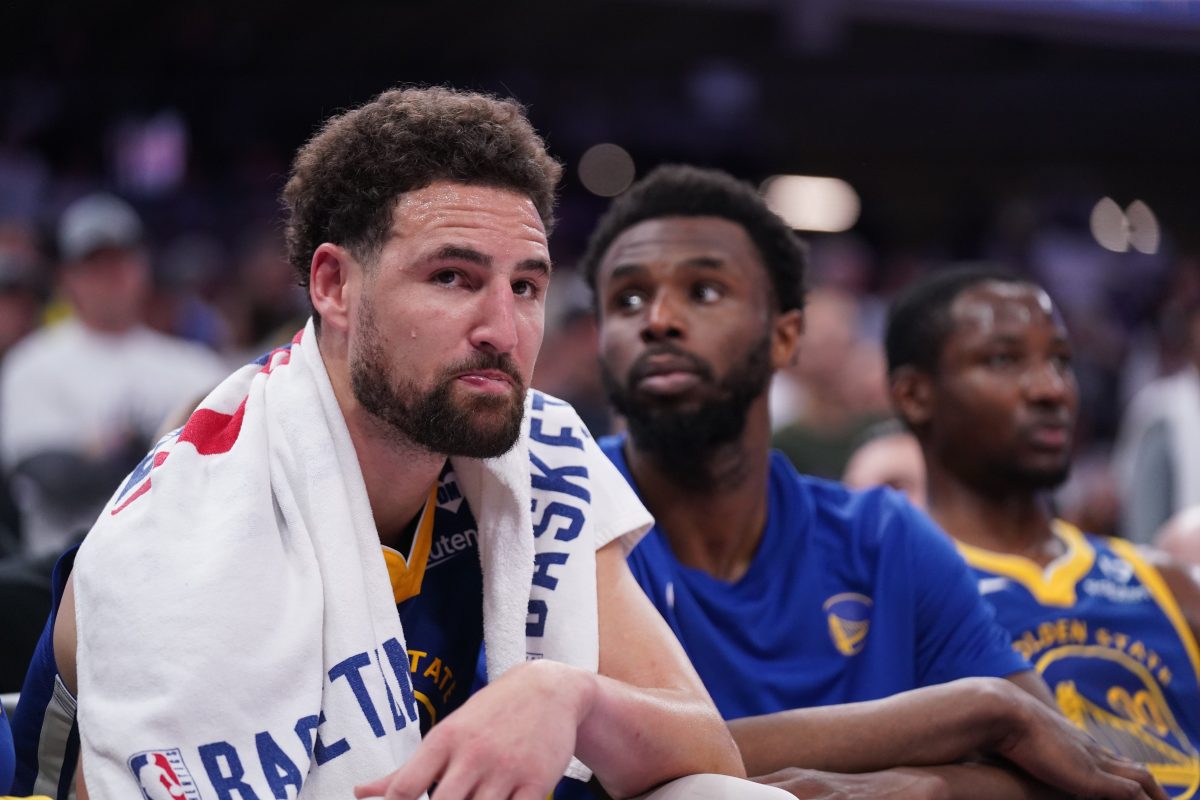The California Supreme Court today revived a lawsuit in which two San Francisco 49ers fans are challenging pat-down searches of spectators who attend football games.
Daniel and Kathleen Sheehan of Danville, former San Francisco residents who are longtime season ticket holders, claim the searches violate the privacy right added to the California Constitution by state voters in 1972.
The pat-downs were established by the 49ers in 2005 in response to a nationwide mandate by the National Football League, which said football stadiums are a potential terrorist target.
In the searches, screeners pat down spectators' backs, the sides of their bodies and their legs.
The state high court unanimously overturned lower court rulings dismissing the case.
It sent the case back to San Francisco Superior Court with instructions for a trial judge to consider whether the search policy is reasonable when balanced against the need for security.
Justice Ming Chin wrote that the privacy rights must be balanced against "the competing social interest of enhancing safety."
San Francisco 49ers spokeswoman Lisa Lang said the team is "disappointed with the court's interim decision today, but gratified that it stressed that the lower court must consider the important role that the 49ers have in protecting fan safety."
Sports
Lang said, "The 49ers believe that the NFL's limited pat-down security procedure is a fair and reasonable way to protect our fans."
The 49ers had argued, and two lower courts agreed, that the case should be dismissed because the Sheehans consented to the pat-downs when they renewed their season tickets in 2006 while knowing of the search policy.
But the state high court said that under the state constitution, judges must consider whether the consent was valid.
Justice Ming Chin wrote that "a person can be deemed to consent only to intrusions that are reasonable under the circumstances."
All seven justices of the court agreed that the lawsuit should be reinstated, but they divided by a 4-3 vote in two separate opinions giving different reasons.
Chin wrote the lead opinion of behalf of four justices, while Justice Kathryn wrote a concurring opinion of behalf of three justices that the Sheehans had adequately alleged "a serious invasion" of privacy.



